Our environmental pledge
A SENSE OF NATURE
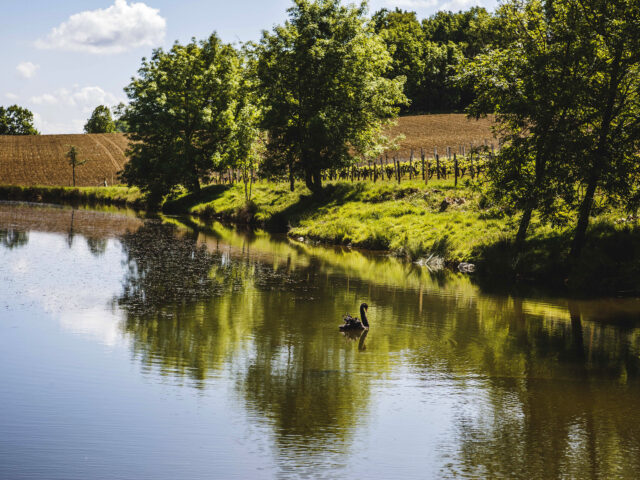
A sense of duty
Over the centuries, Bergerac-Duras winemakers have protected the land and preserved its biodiversity through polyculture and farming, driven by a strong sense of duty towards the region. Their commitment to the environment is now more integral to their methods than ever. Caring for this ecosystem means safeguarding a vital resource and paving the way for the future.
A sense of values and the future
A sense of values and the future
Agriculture Biologique
Agriculture Biologique, or organic farming, prohibits the use of herbicides and synthetic pesticides emphasising respect for soil balance and diversity.
HVE3
HVE3, or High Environmental Value, promotes biodiversity in vineyards (hedgerows, undergrowth, ponds, etc.) and encourages owners to minimise the use of inputs on soil and crops.
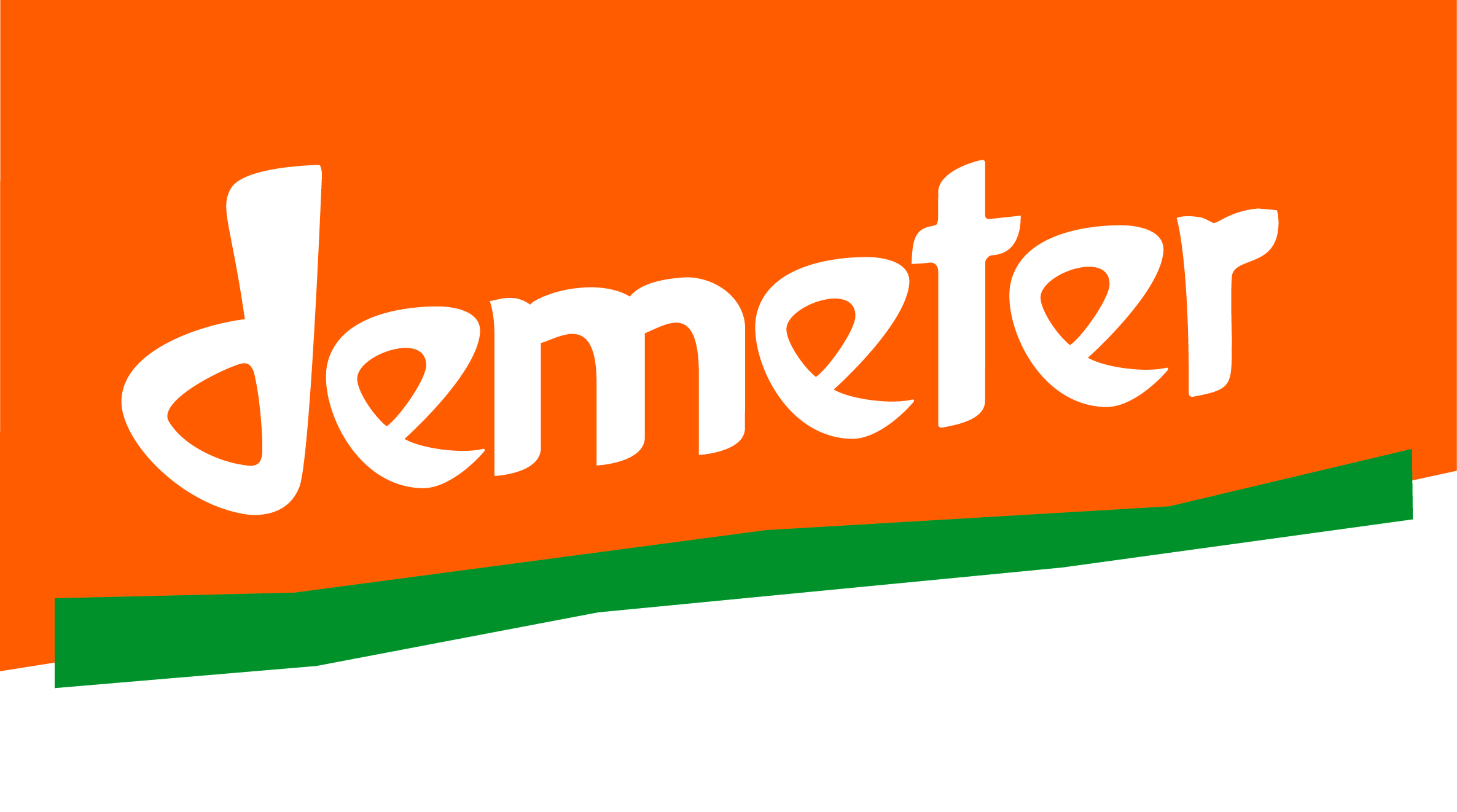
Biodynamie
Biodynamie, or biodynamic farming, promotes natural methods to help vines become self-sufficient, avoiding chemical treatments, and operates in harmony with the lunar cycle.
80% of the surface area (8250 ha) has environmental labels (24 million bottles)
60% of Bergeracons of Bergerac and Duras vineyards have environmental labels (30% organic farming, 30% HVE3).
100% of vineyards are committed to an environmental policy by 2024!

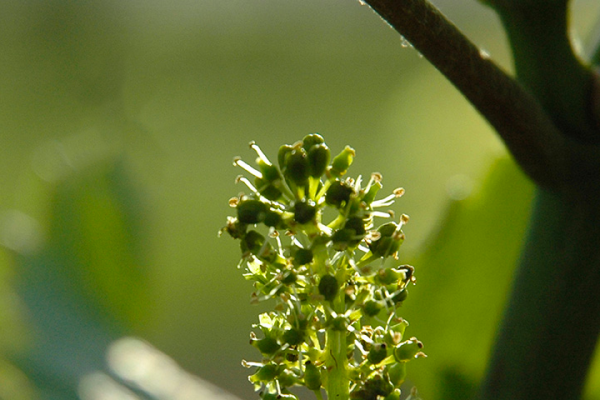
A sense of action
A sense of action
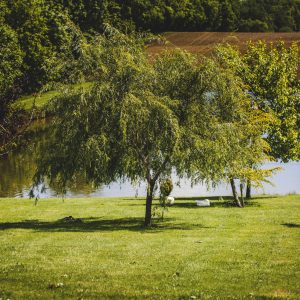
Agroforestry
Bringing trees together with crops on farmland is an effective approach. Planting trees improves water retention, replenishes minerals in the soil, aids fertilisation, prevents nitrates polluting water tables, promotes wildlife (bats, insects, birds, etc.) and habitats and helps improve climate resilience. This technique can also significantly reduce the amount of external inputs.
Just take ‘Monbazillac en fruits’. Winemakers launched the project in autumn 2020 to encourage biodiversity in the vineyard 800 fruit trees were planted along the edges of the vines, with 55 different species identified using signage and a mobile app: Monbazillac en fruits.
Download the app
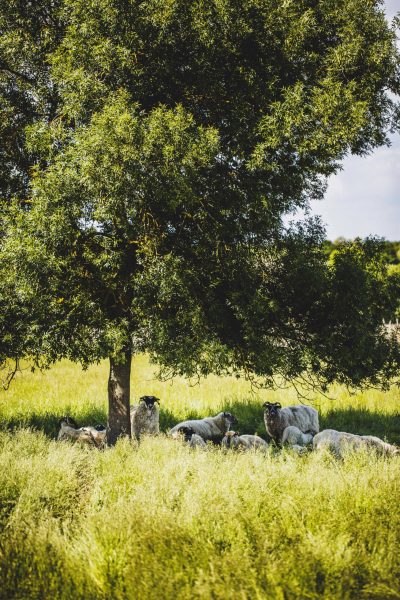
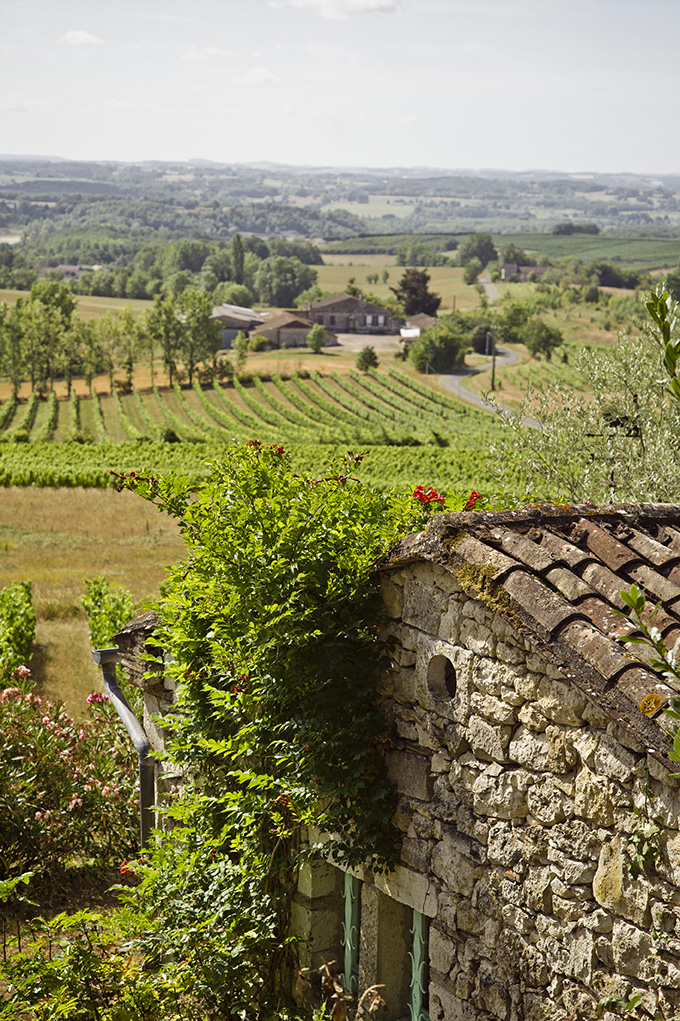
Bats
The European grapevine is a major threat to winemakers. Its worm tunnels through the grape, causing it to rot significantly affecting the harvest. To avoid using insecticides, high school students in Bergerac built bat boxes and installed them in the vineyards, to encourage them to prey on the moth. The Bat’Viti community project is the perfect illustration of organic approaches in viticulture.
Weather
A reliable weather forecast is essential for preparing against diseases that can harm the vines. The OPTIVITI project has 10 connected weather stations dotted across the area to help winegrowers plan when it’s time for pesticide treatments or when it’s time to reduce them. Each station measures temperature, humidity, rainfall, leaf wetness, wind speed and solar radiation. Summarising these elements provides winegrowers with a 14-day forecast and data that’s 100 times more accurate than regular weather websites. Result: 30% fewer pesticides.
Robotics
Effort-free weeding that protects the soil is now possible with artificial intelligence at the service of the environment. TED is a robot designed by a French start-up that Cave de Monbazillac winemakers are now using to cut underground roots and till the soil. Two actions that prevent grass from growing back.